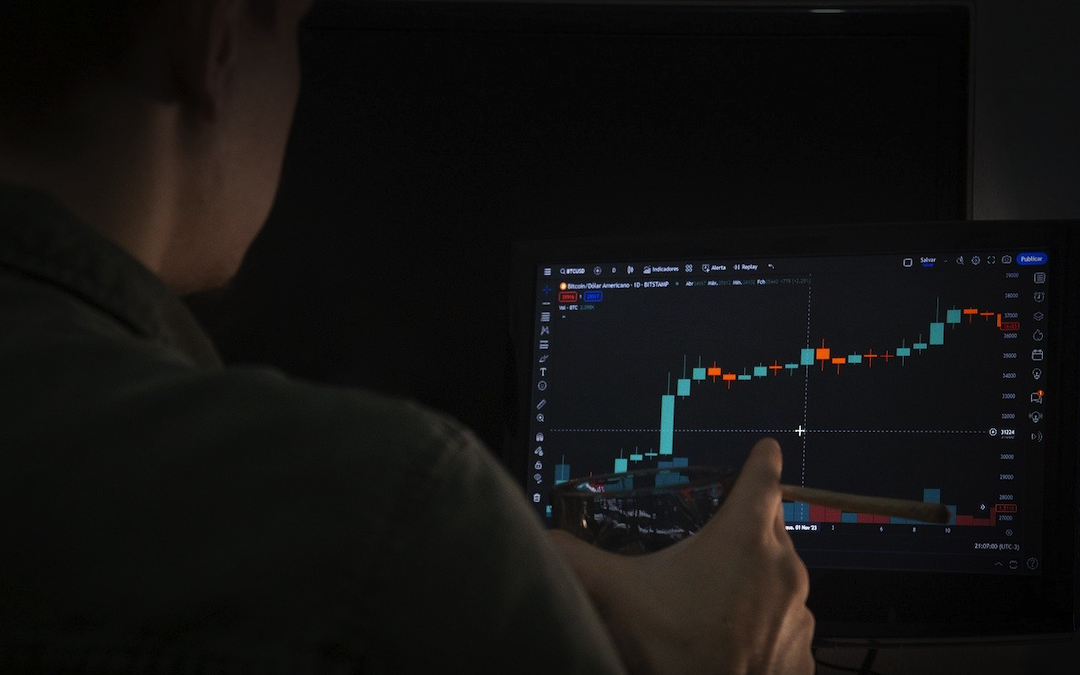
Forex trading has changed massively, from the old days of calling in orders by phone to today’s high-tech automated systems. These systems, often known as Expert Advisors (EAs), forex robots, or forex automated expert tools, are designed to streamline trading by using advanced algorithms. The goal? To take human emotions and biases out of the equation, making trading more efficient and disciplined.
What’s great about EAs is their versatility. They can just send trade signals for you to act on or go a step further, executing trades on your behalf. It’s like having an assistant who handles the technicalities while you focus on the bigger picture—researching markets or experimenting with new strategies.
But here’s the thing: not all forex robots are reliable. They’re sold online, but many don’t live up to the hype. Most aren’t built to handle sudden market shifts or unpredictable conditions. Because of that, it’s critical to research thoroughly before you trust any EA in a live trading setup.
How EAs Work (or Don’t Always)
On platforms like MetaTrader 4 (MT4), forex robots are commonly used. These tools rely on technical indicators and customized scripts to analyze price movements. Once the data aligns with their programmed rules, they signal trades or execute them automatically. MT4 even has a built-in programming language, MQL4, to help traders design or tweak these robots.
Some traders buy robots pre-made, browsing MT4’s bustling marketplace full of options. However, default settings don’t always fit everyone. You can adjust parameters to align with your strategy, risk tolerance, and capital size.
What sets EAs apart is their ability to analyze vast amounts of data quickly. They identify entry and exit points even when markets are chaotic. Many also come equipped with automated stop-loss and take-profit features, limiting your risks and locking in gains. Importantly, they remove emotion-driven decisions—like trading out of greed or fear—which can mess with judgment.
Building a Forex Robot
If you’re tech-savvy, MQL4 or its successor, MQL5, are straightforward languages to learn. With these, you can program trading strategies directly into a robot. Don’t know coding? No worries. EA generators exist, allowing you to create automated strategies without writing a single line of code. You can even hire developers to build robots tailored to your trading preferences.
That said, the best robots come at a cost. Free ones? They might work but often lack the refinement or reliability of paid versions. Whether free or paid, no robot is foolproof. Success depends on your ability to evaluate their performance carefully.
Why EAs Aren’t Magic Solutions
Here’s where robots fall short: most work well only under specific conditions. Many stick to small trading ranges, targeting limited gains with each trade. This approach is fine in stable markets. But when things turn volatile, these robots struggle. Gains can evaporate during sharp market reversals.
Another issue is data-mining bias. This happens when developers cherry-pick the best back-testing results to market their robots. Those impressive stats? They’re often based on limited, specific datasets—not real-world conditions over time.
To truly assess a robot’s potential, it’s better to review live trading results rather than back-test reports. Look for reviews from real users and weigh the tool’s pros and cons. Even the most advanced EA is only as good as its initial programming and the historical data used to build it.
Balancing Automation with Strategy
Even seasoned traders rarely rely entirely on robots. The most effective EAs are part of a broader strategy, used alongside technical analysis and other indicators. Robots excel at repetitive tasks, but human oversight ensures they stay relevant in ever-changing markets. Success often comes down to finding that balance—letting the robot handle execution while you steer the strategy.
Choosing the Right EA
If you’re considering buying a forex robot, here are some key tips:
- Don’t Trust Back-Testing Alone. Robots can be over-optimized to perform well in historical scenarios but fail miserably in live markets. Real-world conditions, like slippage and execution delays, don’t show up in back-tests.
- Look for Live Performance Records. Demo accounts are misleading because trades execute faster than in real markets. Ask for live trading records instead. Ensure these aren’t cherry-picked from short winning streaks.
- Avoid Overly Aggressive Robots. Robots promising tiny, frequent profits with high win rates might sound good. But small slippage or execution delays could turn those into losses. Beware of robots boasting win-loss ratios above 80% unless you’re prepared for long losing streaks.
Conclusion
The forex market is unpredictable, and constantly evolving. Robots aren’t a golden ticket to success. They’re tools—powerful but limited. What works today might not work tomorrow, so ongoing evaluation is crucial. No matter how advanced your EA is, combining it with careful planning and market knowledge is essential.
Disclaimer
The information provided in this article is for educational and informational purposes only. It does not constitute financial advice or a recommendation to engage in forex trading or use any specific automated trading systems or Expert Advisors (EAs). Forex trading carries a high level of risk and may not be suitable for all investors. Before making any trading decisions, it is essential to conduct thorough research, consider your financial objectives, experience level, and risk tolerance, and seek advice from a licensed financial professional if necessary.
The performance of any EA or forex robot discussed in this article is not guaranteed, and past performance does not indicate future results. Users should be aware that market conditions, slippage, and other factors can impact the effectiveness of automated systems. This article is not responsible for any trading losses or financial damages incurred as a result of using the information provided.
Share this post
Leave a comment
All comments are moderated. Spammy and bot submitted comments are deleted. Please submit the comments that are helpful to others, and we'll approve your comments. A comment that includes outbound link will only be approved if the content is relevant to the topic, and has some value to our readers.

Comments (0)
No comment